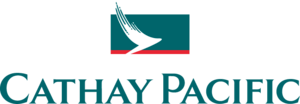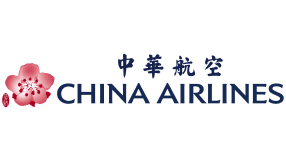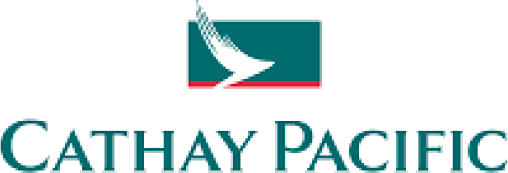PROGRAMS
LICENSE (PPL)
The first step in your Flying Career is to get the PPL. It is a type of pilot license that allows individuals to fly an aircraft for personal or recreational purposes, without renumeration. With a PPL, pilots can explore the world of aviation and enjoy the freedom of flying for leisure.
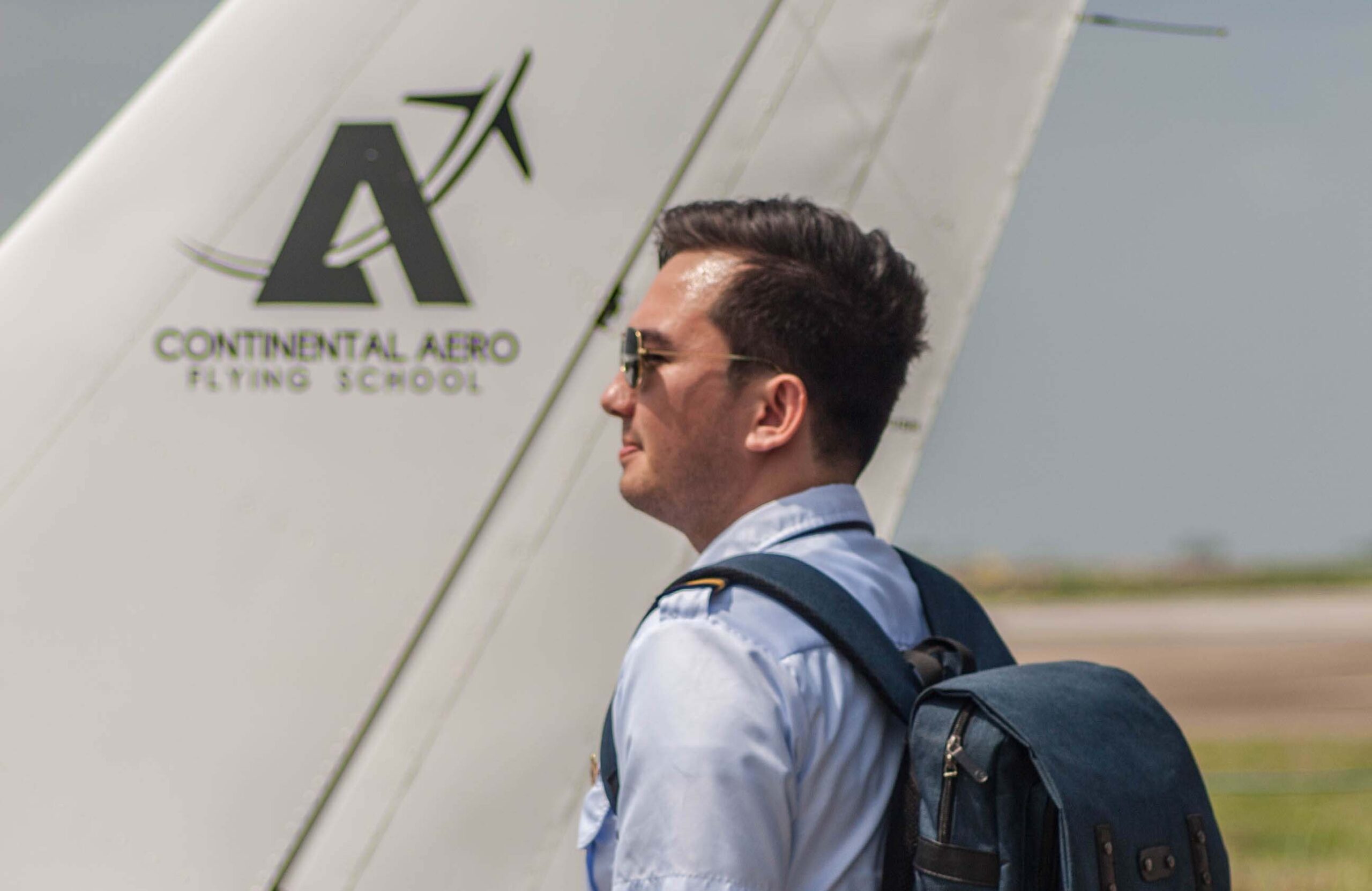
CPL
Pilots earn flying in airlines, charters, and general aviation, gaining experience.
FIL
Instructors teach aviation skills, theory, and safety to train pilots.
IR
Allows pilots to fly an aircraft solely by reference to instruments, without relying on outside visual references.
MER
Enables pilots to operate and master aircraft equipped with two or more engines.
ATPL
ATPL holders lead large aircraft, captain for airlines, need CPL
Convert foreign pilot's license to fly in the Philippines.
Pilots review fundamental concepts of flight, including
aerodynamics, navigation, air law, and traffic procedures.
This training focuses on maintaining and enhancing the skills and knowledge acquired during the licensing
process.
The English Language Proficiency is a test that examines the candidate’s ability to communicate safely in English. Following ICAO guidelines, the test examines the use of plain, non-routine language and not specialized aviation phraseology. The test can award the candidate all possible grades, according to the ICAO grading scale, Level 1 to Level 6.
The Civil Aviation Authority of the Philippines (CAAP) conducts English Language Proficiency Test on-site and online. Continental will assist you in attaining your ELP requirement.
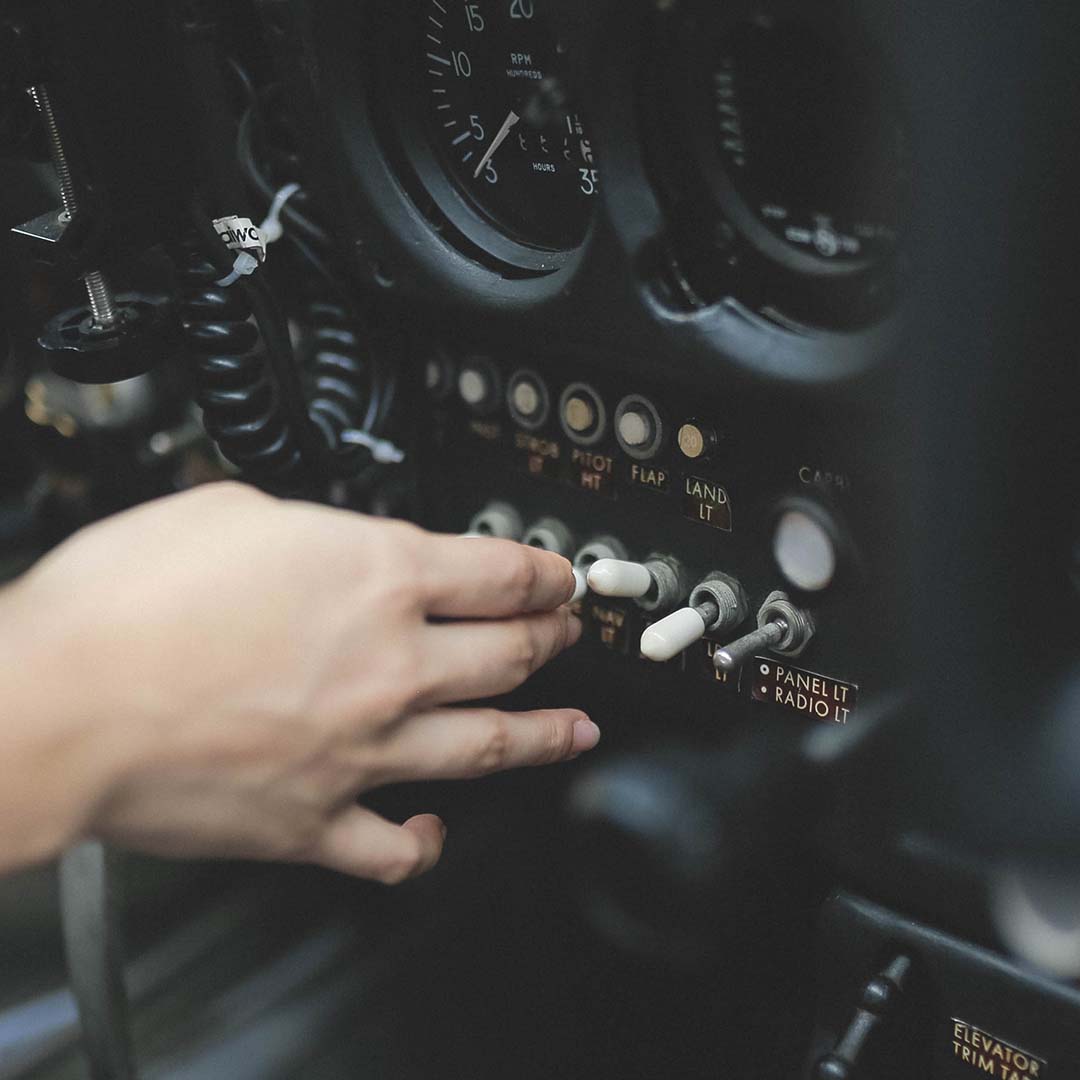
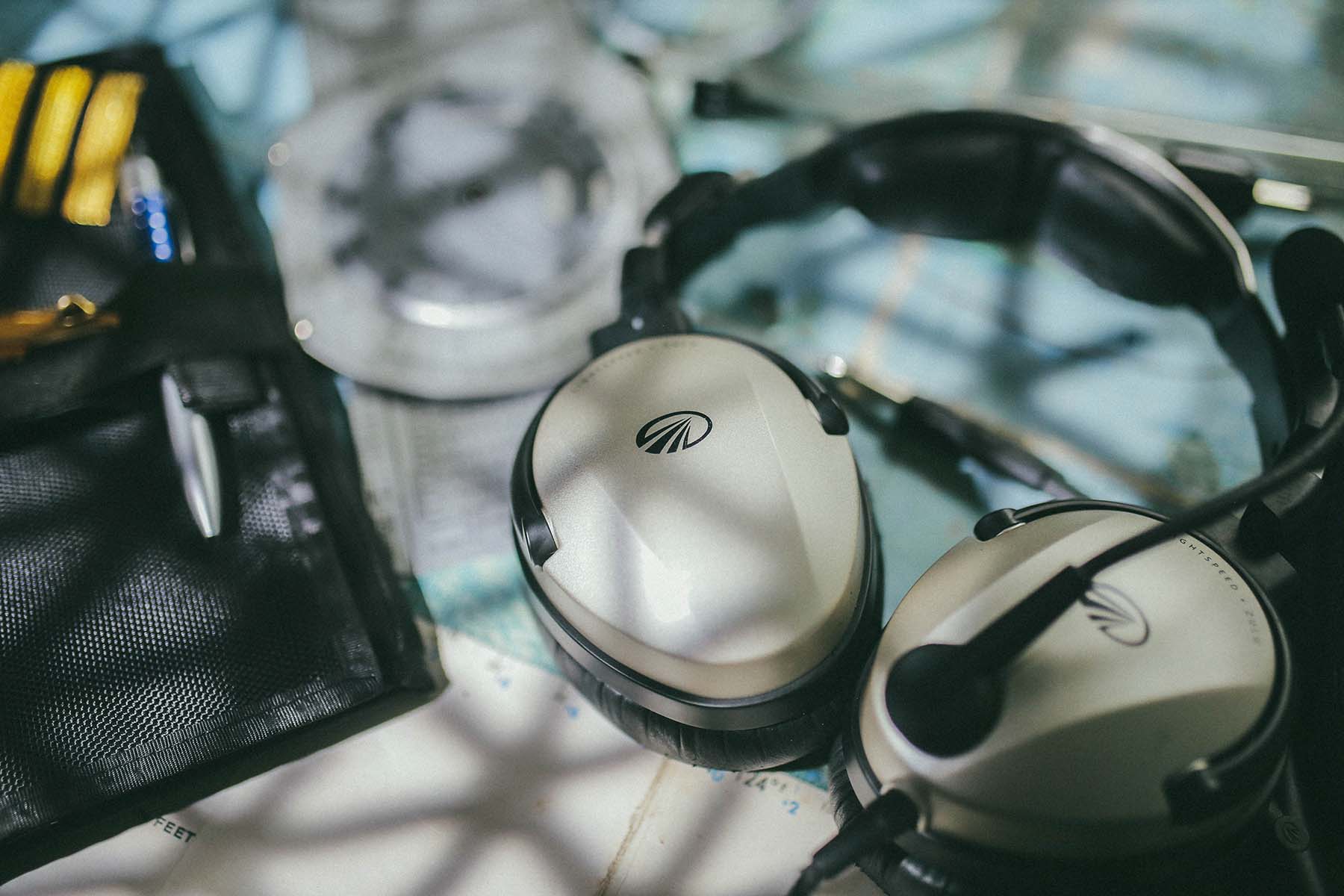
According to the Civil Aviation Authority of the Philippines, pilots must hold a Restricted Radio Operator's Certificate (RROC - Aircraft) issued by the National Telecommunication Commission – this certificate authorizes the holder to operate a class of radio station. To be eligible for this exam, one must already possess a pilot student license. Continental will be dedicated to support you in obtaining your Restricted Radio Operator's Certificate (RROC - Aircraft)
OUR FLEET

The Cessna Skyhawk, renowned as the ultimate training aircraft, features simplistic flight, excellent visibility, and a sophisticated glass cockpit. With a slow landing speed and lenient stall, it's the ideal choice for student pilots, designed to help you soar.

Produced from 1957 to 1986, this six-seat, high-performance, retractable-gear, single-engine high-wing aircraft is known for its remarkable load-hauling capability and the ability to fly nearly five hours on 90 gallons of fuel.

This all-metal, six-place, low-wing, pressurized, twin-engine airplane features retractable tricycle landing gear. Designed for optimal passenger comfort, its twin turbocharged engines deliver exceptional performance in this light twin-piston business aircraft.

The Baron G58 piston aircraft strikes a perfect balance between horsepower, twin-engine redundancy, and security. With seating for six, spacious cargo doors, and two baggage compartments, it offers great flexibility for business and pleasure.

The PA32, born in 1965, is a powerful single-engine aircraft, widely utilized in air taxi and medevac services. As a stretched-out Piper Cherokee, it accommodates six passengers with additional baggage space.

Evolved from the Piper Cherokee Six, the Lance is a six-passenger class aircraft with a Lycoming IO-540 engine, delivering 300 horsepower. While slightly slower, it excels in stability during Instrument Flying conditions and can handle its fair share of weight.
